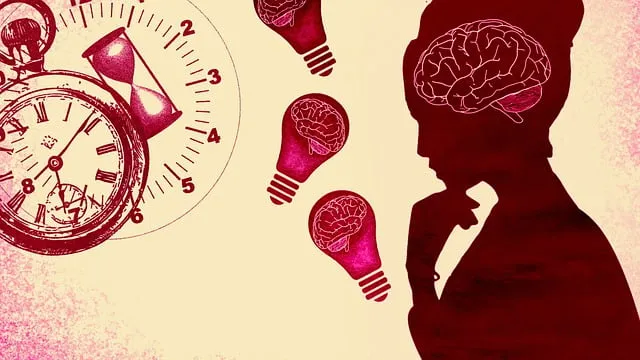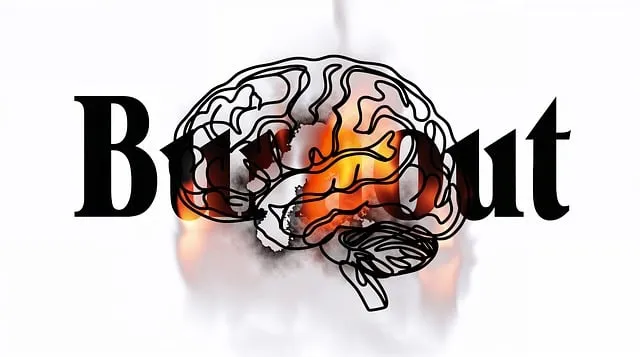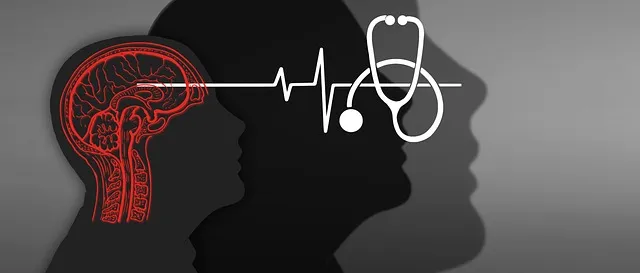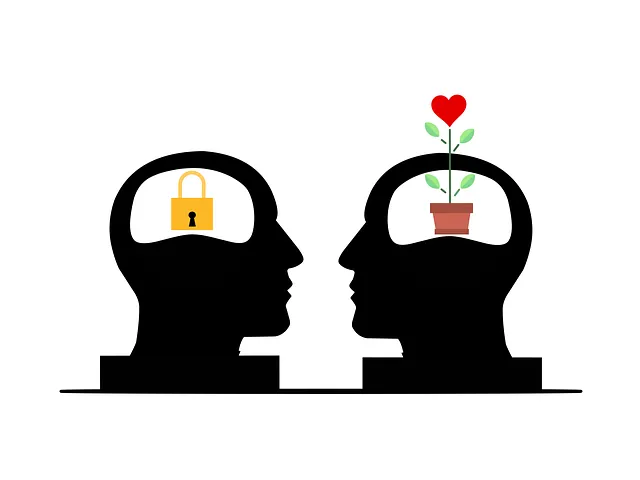Depression is a complex condition influenced by genetics, environment, and brain chemistry, with triggers varying among individuals. The Centennial Kaiser mental health programs offer valuable resources through their Mental Wellness Podcast Series, educating people about depression triggers and empowering proactive mood management with healthy coping strategies, social connections, and professional help. These programs take a holistic approach, integrating mindfulness meditation, therapeutic techniques, self-care practices, and mental wellness journaling to enhance mental health awareness, reduce stress, anxiety, and emotional resilience, ultimately preventing depressive episodes.
Depression is a prevalent and debilitating condition, affecting millions globally. In this comprehensive guide, we explore effective prevention strategies aimed at safeguarding mental well-being. From understanding the triggers of depression to uncovering the benefits of established programs like the Centennial Kaiser Mental Health Programs, this article offers valuable insights. Learn practical techniques for early intervention, fostering resilience, and promoting a healthier mindset, ultimately empowering individuals to take charge of their mental health.
- Understanding Depression and its Triggers
- Centennial Kaiser Mental Health Programs: An Overview
- Practical Strategies for Prevention and Early Intervention
Understanding Depression and its Triggers

Depression is a complex mental health condition that significantly impacts an individual’s daily life and overall well-being. It’s crucial to understand that depression doesn’t just occur randomly; it often arises from a combination of genetic predisposition, environmental factors, and changes in brain chemistry. Triggers can vary greatly from person to person, encompassing a range of stressors like loss, chronic illness, trauma, or even major life transitions. Recognizing these triggers is the first step towards prevention and management.
The Centennial Kaiser mental health programs offer valuable resources for navigating these challenges. Their Mental Wellness Podcast Series Production, for instance, provides informative content on various aspects of mental health awareness. By educating individuals about depression and its triggers, these programs empower people to take proactive measures for mood management. This includes developing healthy coping strategies, fostering strong social connections, and seeking professional help when needed.
Centennial Kaiser Mental Health Programs: An Overview

The Centennial Kaiser Mental Health Programs are a comprehensive set of initiatives designed to promote and support mental well-being among various populations. These programs aim to foster Mental Health Awareness by providing accessible resources and strategies for stress management, anxiety reduction, and overall emotional resilience. One key component is Mindfulness Meditation, which has gained significant traction within the healthcare system due to its proven benefits in reducing symptoms of depression and improving overall quality of life. By incorporating practices such as meditation, deep breathing exercises, and yoga, these programs encourage individuals to prioritize self-care practices, enabling them to better cope with life’s challenges.
Centennial Kaiser’s approach integrates various therapeutic techniques, educational workshops, and community support networks, ensuring a holistic perspective on mental health. The focus on Self-Care Practices encourages proactive engagement in maintaining one’s emotional and psychological health. Through these programs, individuals gain valuable tools to navigate life’s stressors, enhance their coping mechanisms, and promote long-term resilience against depression and anxiety disorders.
Practical Strategies for Prevention and Early Intervention

Preventing depression goes beyond mere awareness; it involves practical strategies that can be integrated into daily life. One effective approach is to participate in Centennial Kaiser mental health programs designed to foster resilience and emotional well-being. These programs often include stress management techniques such as mindfulness meditation, breathing exercises, and yoga, which have been scientifically proven to reduce symptoms of depression and anxiety.
Additionally, mental wellness journaling has emerged as a powerful tool for early intervention. Regularly recording thoughts, emotions, and experiences in a journal can help individuals identify patterns, gain perspective, and develop coping mechanisms. Self-care practices, such as prioritizing quality sleep, engaging in physical activity, and cultivating meaningful social connections, are also cornerstones of preventive care, promoting mental wellness and safeguarding against depressive episodes.
In understanding depression and its triggers, we can effectively utilize resources like the comprehensive Centennial Kaiser mental health programs. By combining this knowledge with practical prevention strategies, individuals can take proactive steps toward maintaining mental well-being. Early intervention is key; armed with the right tools, folks can navigate life’s challenges and foster resilience against depression.






